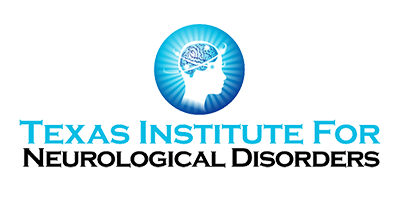Sleep is essential for proper brain functioning and overall health. It is commonly thought that sleep is necessary for the brain to organize and store memories. When sleep is disrupted in any way, there can be some serious consequences, and ultimately our mind and overall health are severely affected. On average, about 30 to 40 million Americans have difficulty sleeping. Sleep disorders can have detrimental effects on health and lead to some negative consequences if left untreated.
Many people report feeling irritable and moody when they do not receive enough sleep. This can make it more challenging for those with sleep deprivation to pay attention, which can significantly affect the ability to retain information. In fact, a recent study reported that sleep deprivation can slow down a person’t judgement as much as being intoxicated. This is because inadequate sleep disrupts the communication between neurons, and as a result, those lacking sleep often experience mental lapses.
Another study, which looked at the more long term results of sleep deprivation, reported similar findings. This study observed the behavior of more than 30,000 people over a period of 18 months, and reported that even one night of insufficient sleep is associated with 1.2 percent slower performance. Overall, the study suggested that the insufficient sleep can decrease performance and productivity. Sleep deprivation results in difficulties with memory and attention because the neurons are negatively affected when the body does not get enough sleep. A recent study conducted on patients with epilepsy reported that cell activity, specifically in the temporal lobe region of the brain, was significantly affected by sleep deprivation. The more tired patients became, the slower neurons fired. This study suggested that certain regions of the brain are more affected by lack of sleep, and neurons respond slower in those experiencing sleep deprivation.
As these studies suggest, sleep deprivation can have serious consequences in both the short and long term. This means it is important for those that have difficulty sleeping to seek medical evaluation and treatment. An occasional night of poor sleep is not something to worry about, but if the issue becomes chronic and you start experiencing several nights of disrupted sleep, it may be worth seeing a sleep specialist.
A sleep specialist can help determine what is causing sleep deprivation and will be able to recommend helpful treatment options. At Texas Institute for Neurological Disorders, Dr. Indu Mayakrishnan, is certified in Sleep Medicine and can provide a medical evaluation and treatment for those experiencing sleep deprivation and sleep disorders.
Adequate sleep is essential for the brain and overall health of the body, and if you are concerned about a sleep disorder or are having difficulties with sleeping, the right treatment can help.

